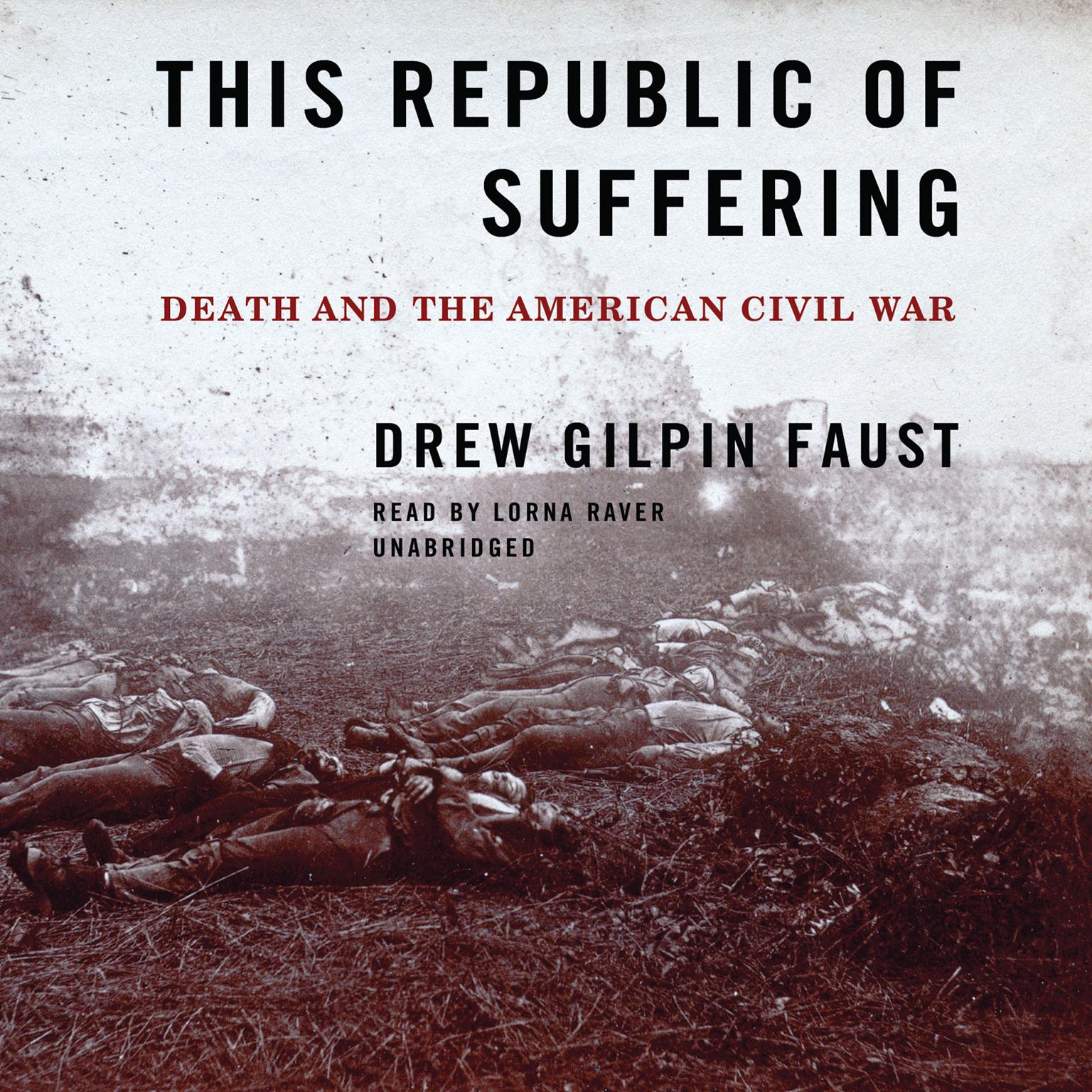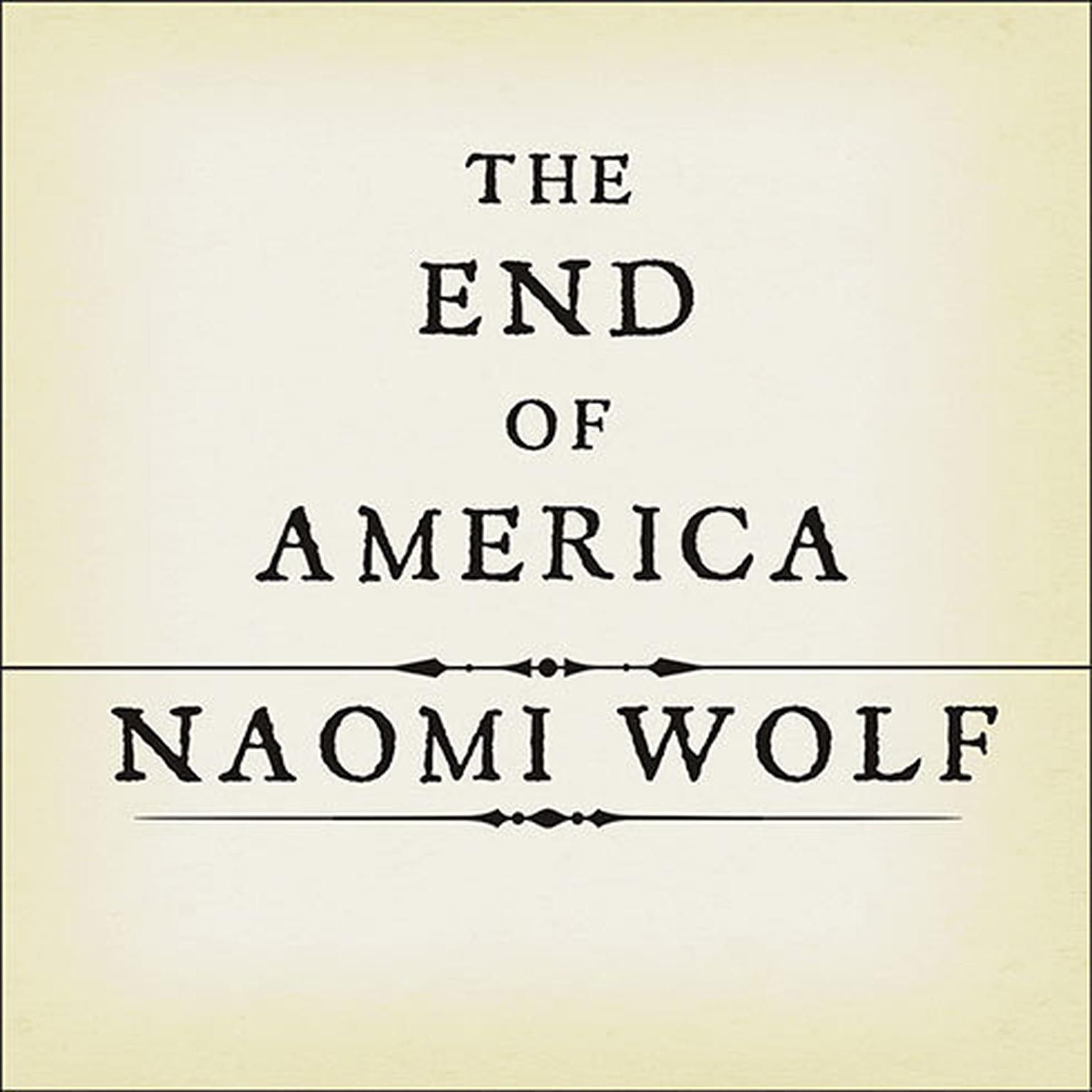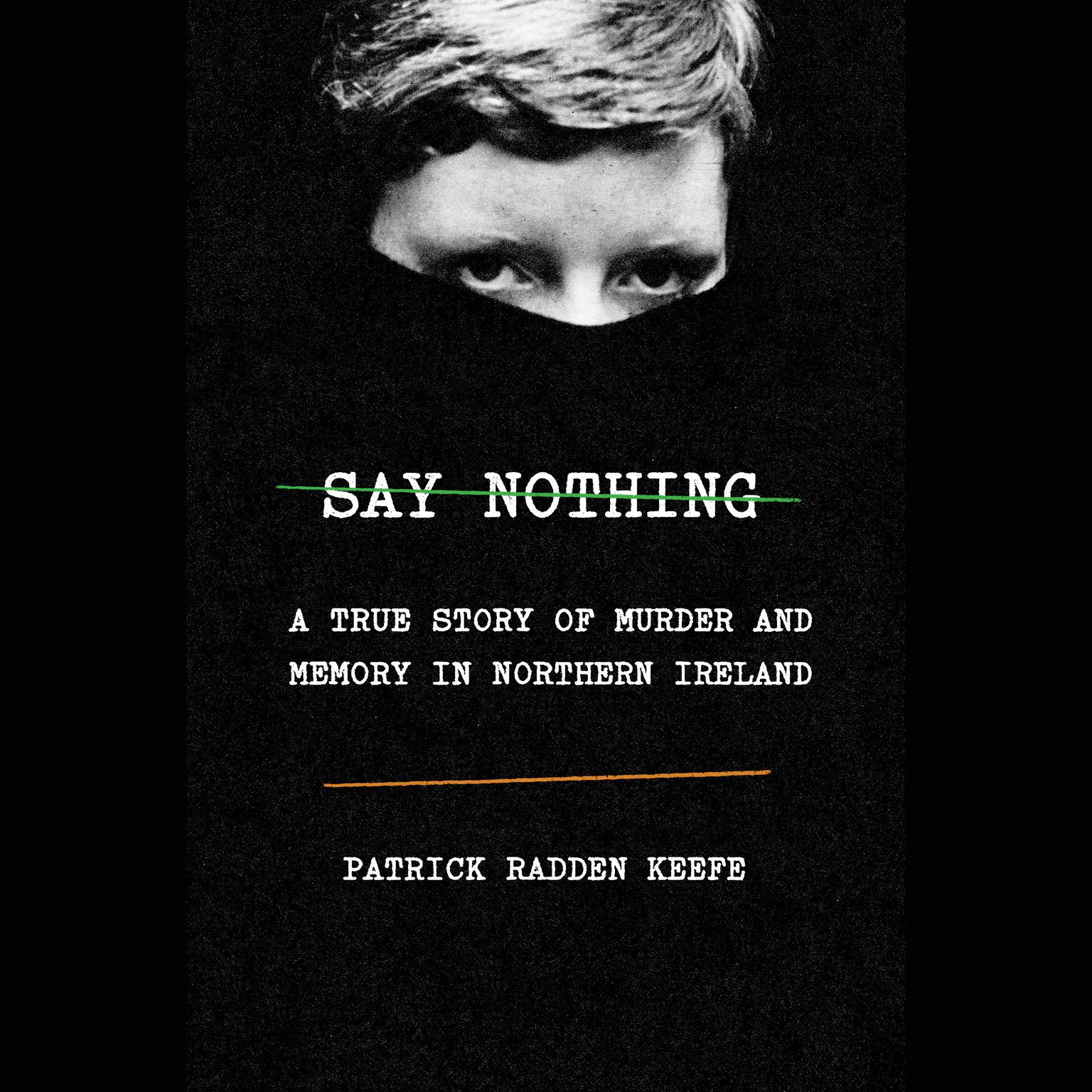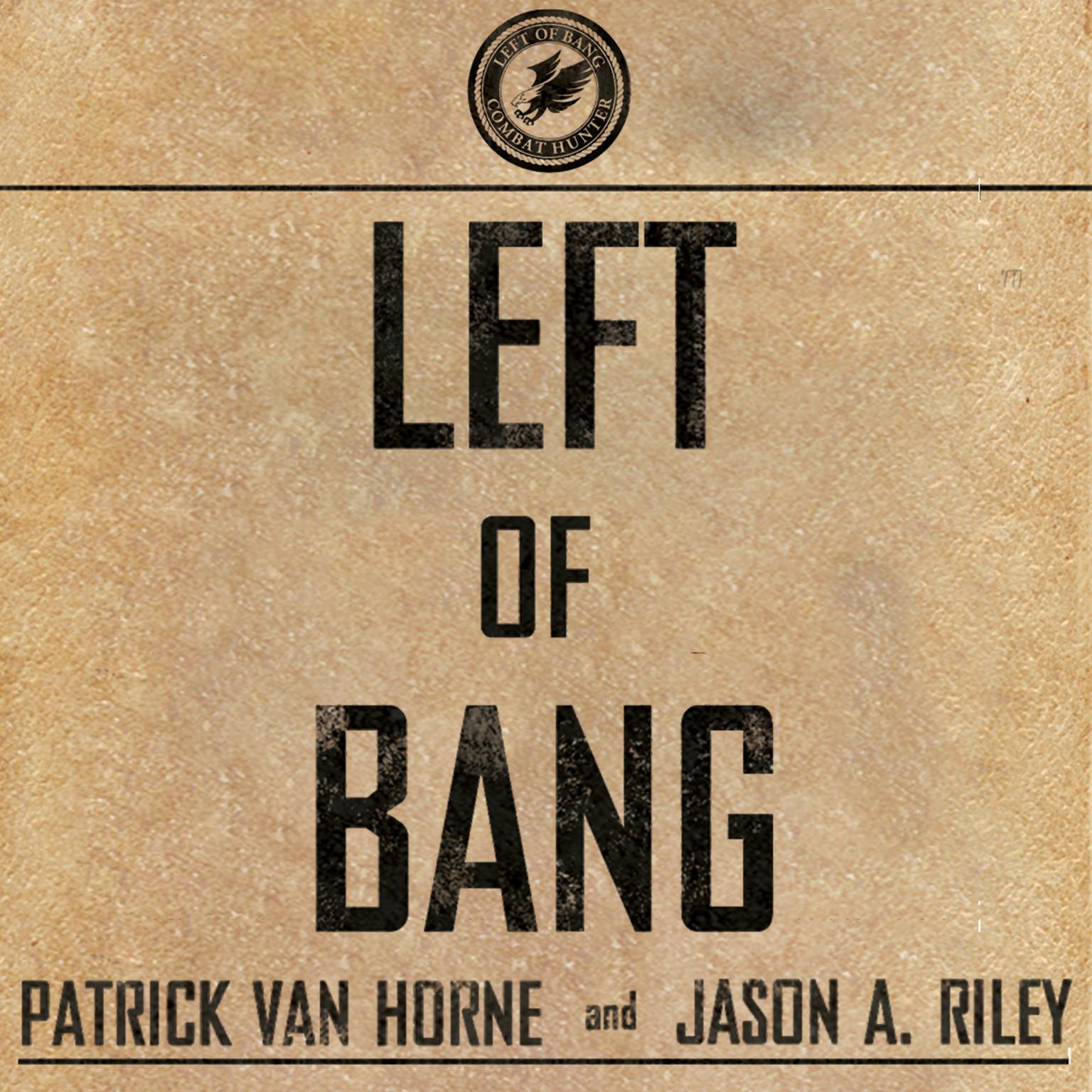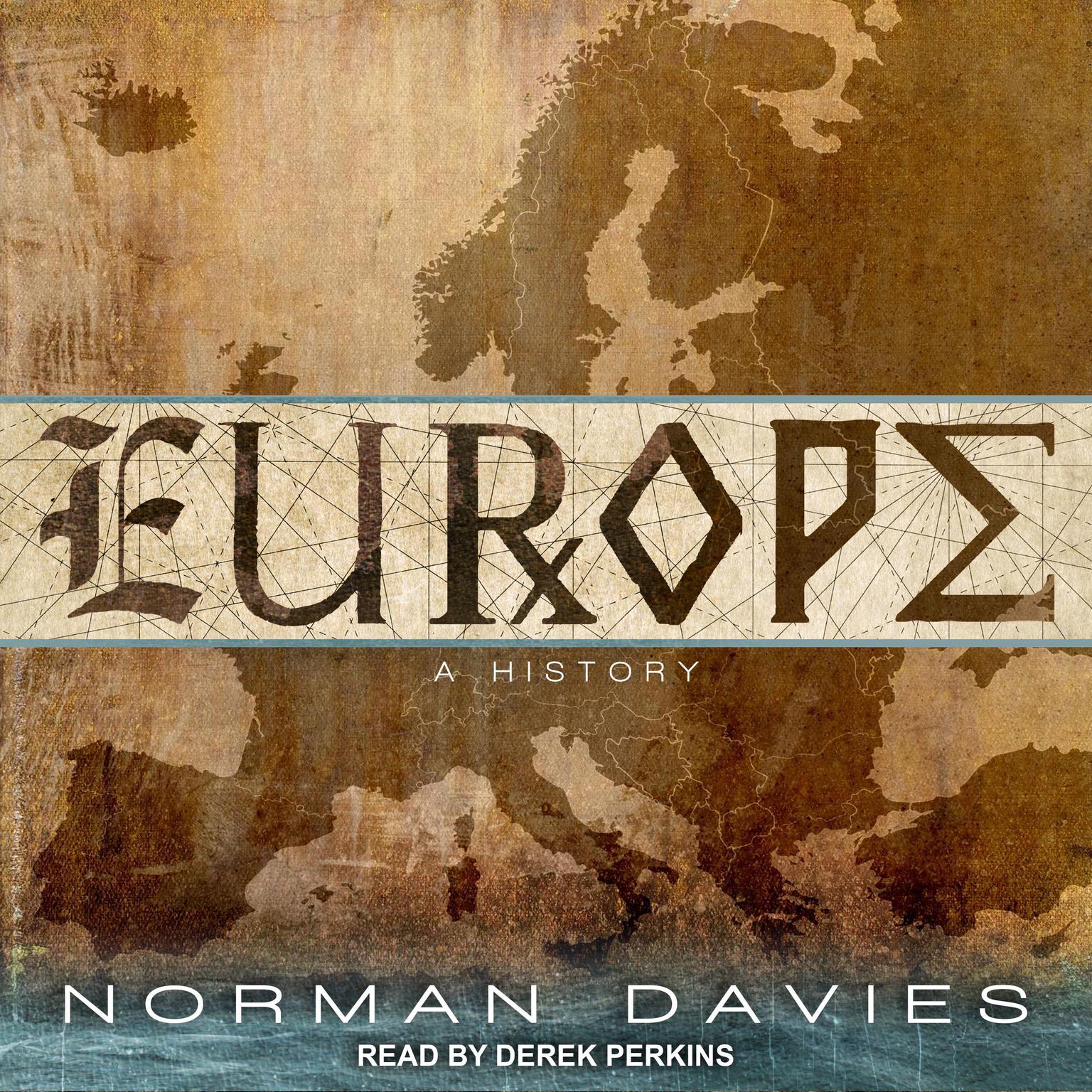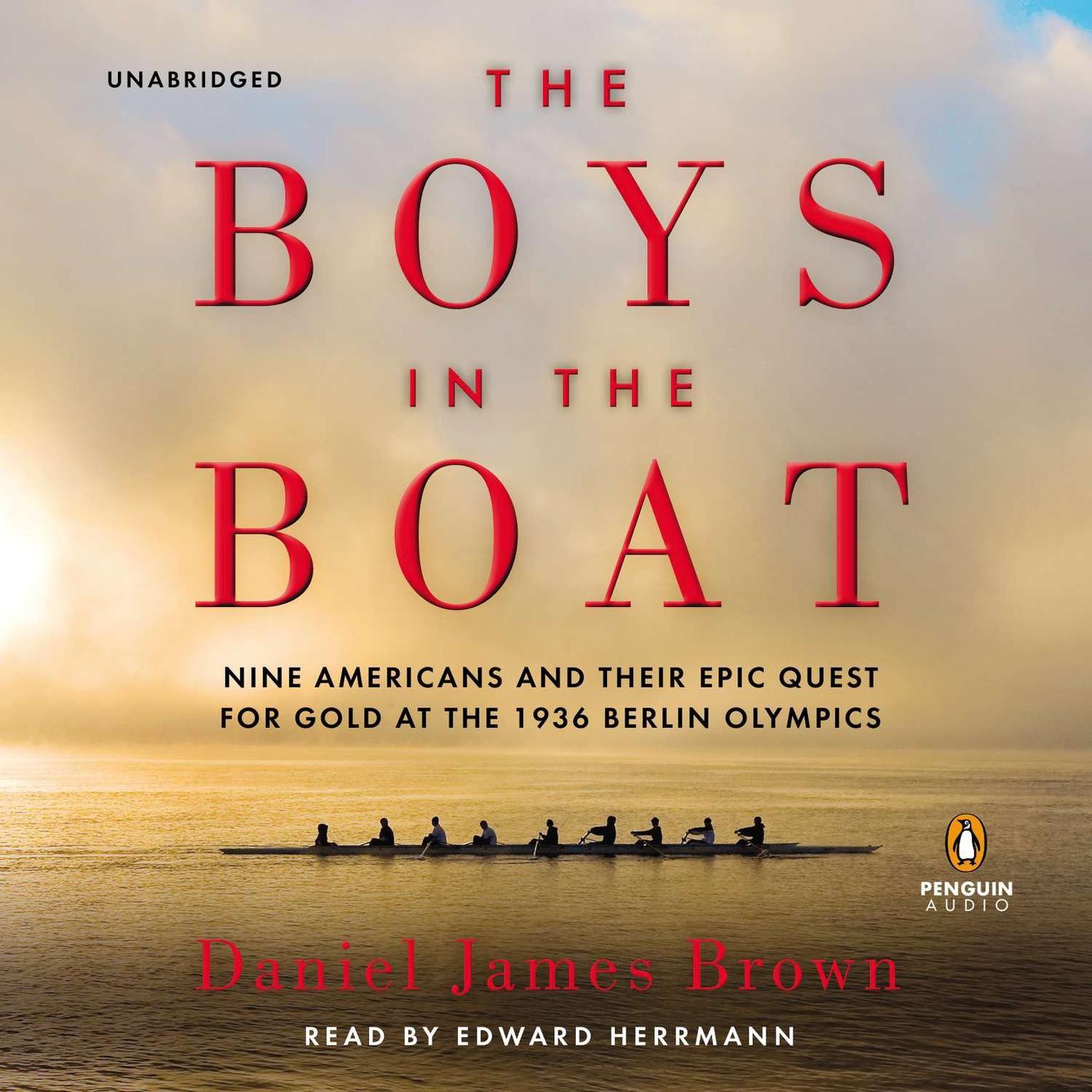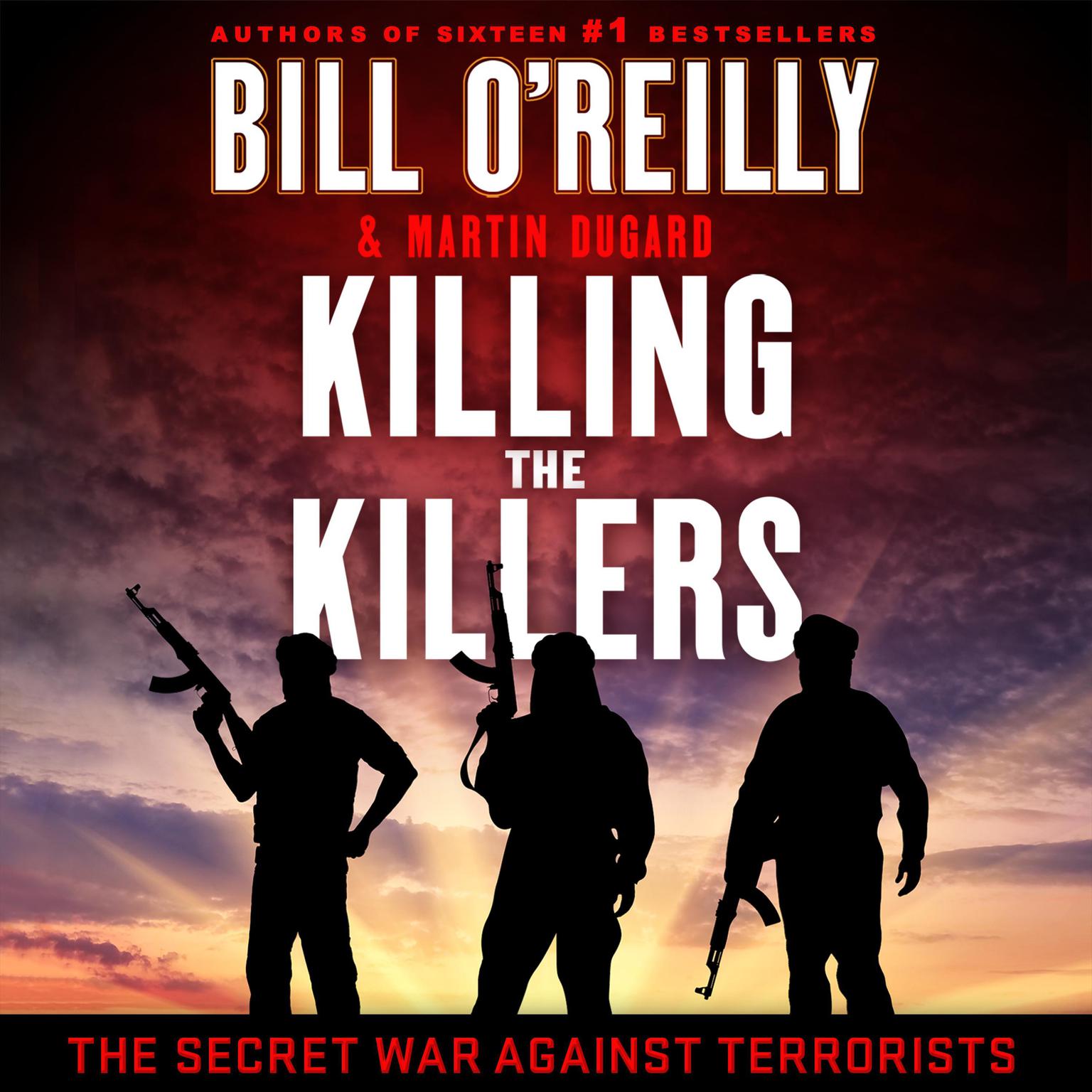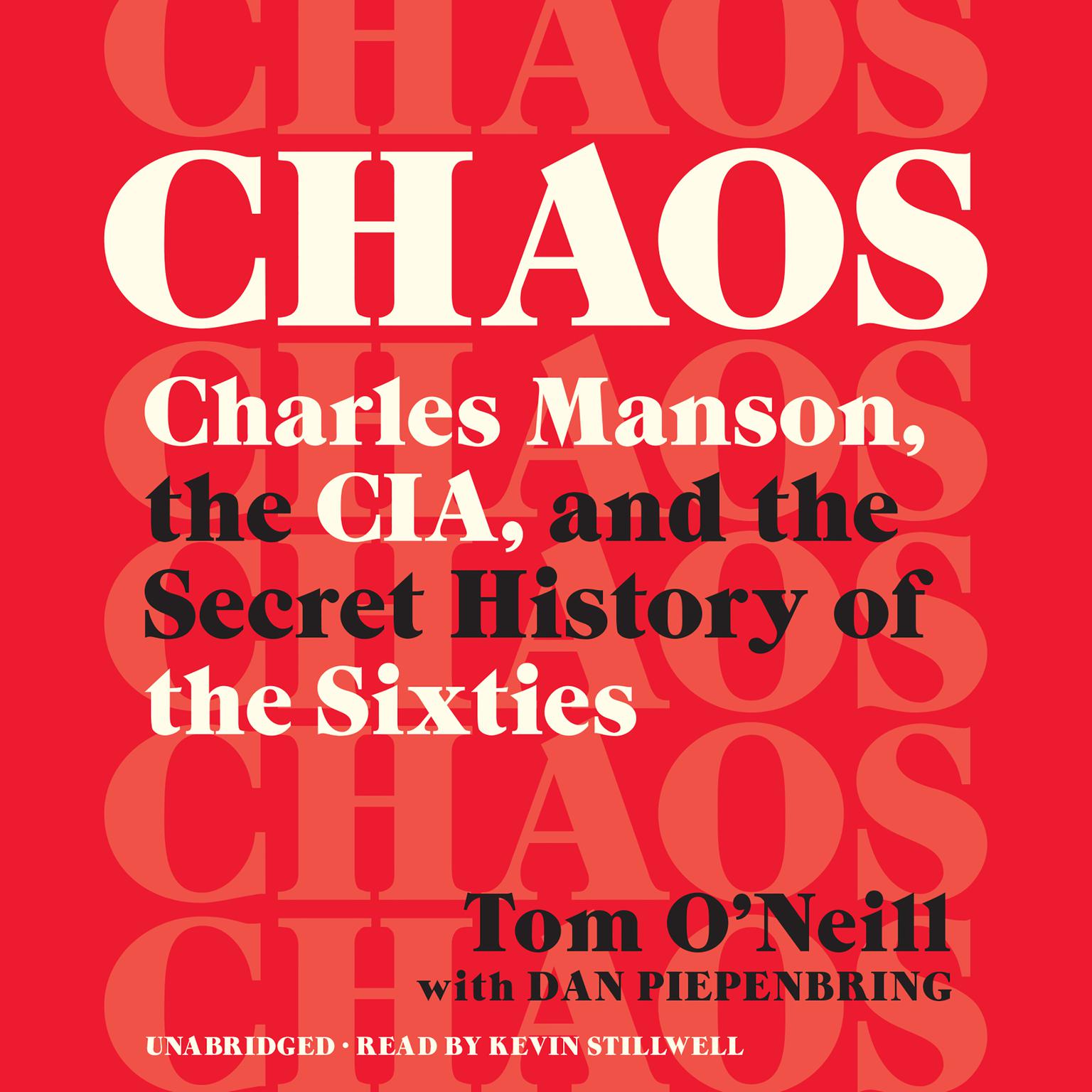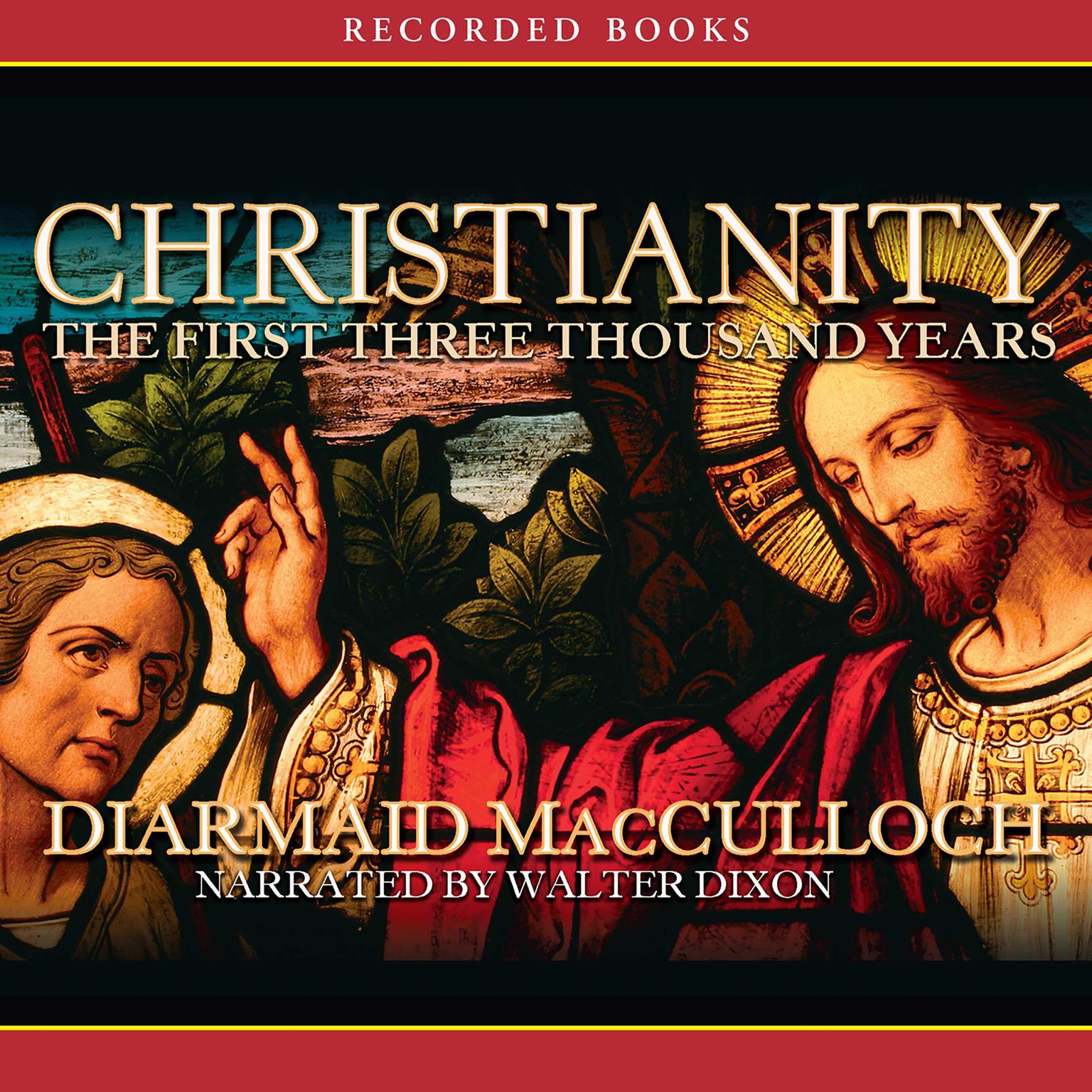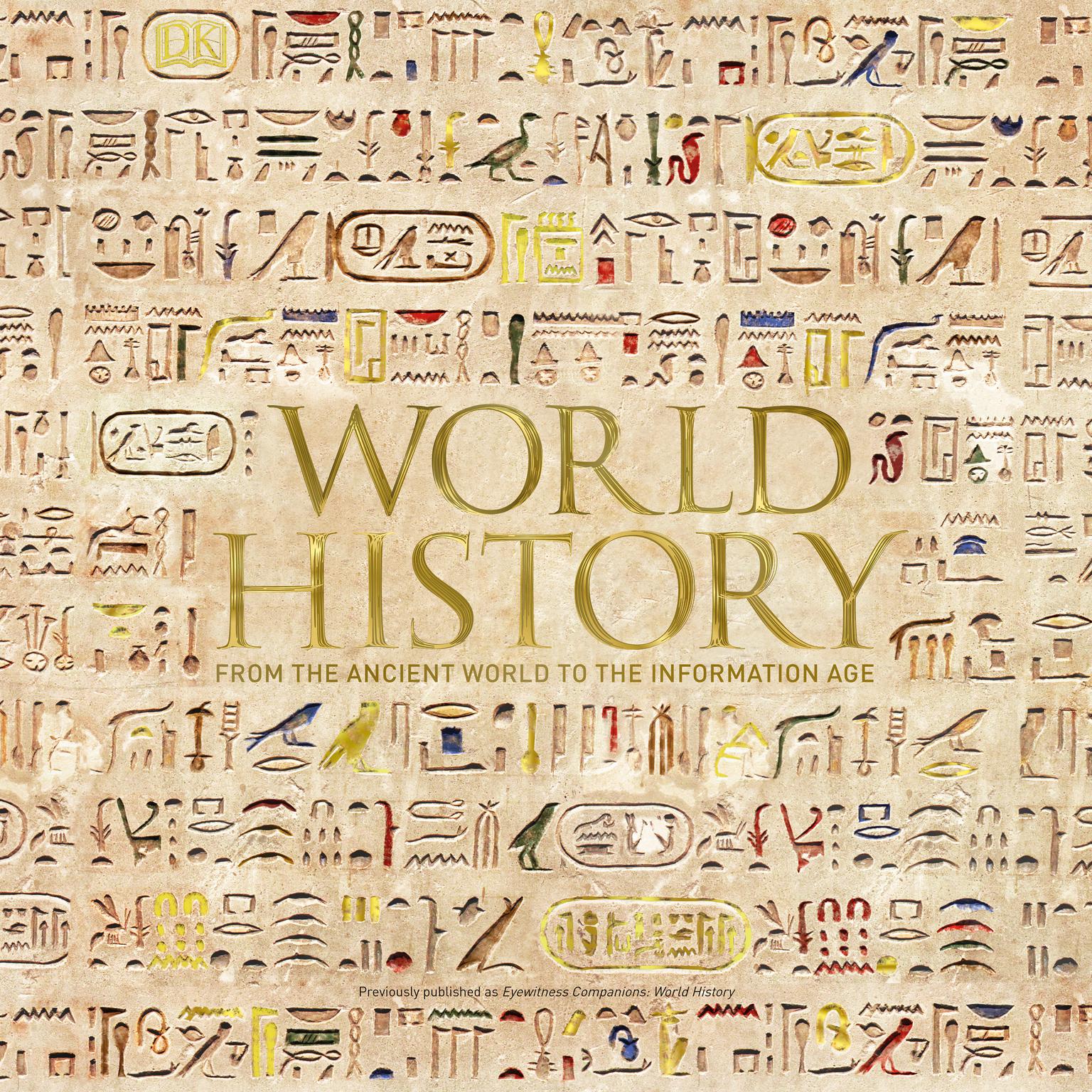Publisher Description
During the Civil War, 620,000 soldiers lost their lives—equivalent to six million in today’s population. This Republic of Suffering explores the impact of the enormous death toll from material, political, intellectual, and spiritual angles.
Drew Gilpin Faust delineates the ways death changed not only individual lives, but the life of the nation, and describes how a deeply religious culture reconciled the slaughter with its belief in a benevolent God. Throughout, the viewpoints of soldiers, families, statesmen, generals, preachers, poets, surgeons, and nurses, Northerners and Southerners, slaveholders and freed people, the most exalted, and the most humble are brought together to give a vivid understanding of the Civil War’s widely shared reality.
Download and start listening now!
“This Republic of Suffering examines how the United States culturally processed the massive loss of life and brutality of the Civil War. Gilpin-Faust explains the belief of ars moriendi, the art of dying or the Good Death, and how the enormity of the Civil War left the government, armies, and private citizens unprepared for the realities of mass casualties and previous beliefs and practices around death. Previously I superficially understood Civil War era writing to be laden with religious themes and formality, but Gilpin-Faust used primary sources to illuminate the duty of fellow soldiers to assure family members that their loved ones died in ars moriendi and with their religious affairs in order. Indeed, Gilpin-Faust traces several figures, from private citizens to military leaders, medical personnel, and leading thinkers and illuminates their experiences. Armies were unprepared to account for the dead and wounded, bury bodies, and return bodies to the families. Hence, private citizens and relief groups met these crucial needs until the federal government was able to grapple with great administrative duties. Gilpin-Faust examines the rise of the evangelicalism in the South as well as the philosophical movements in the North. I look forward to the Burn’s documentary as well as the Huntington Library exhibit.”
—
Bridgid (4 out of 5 stars)
